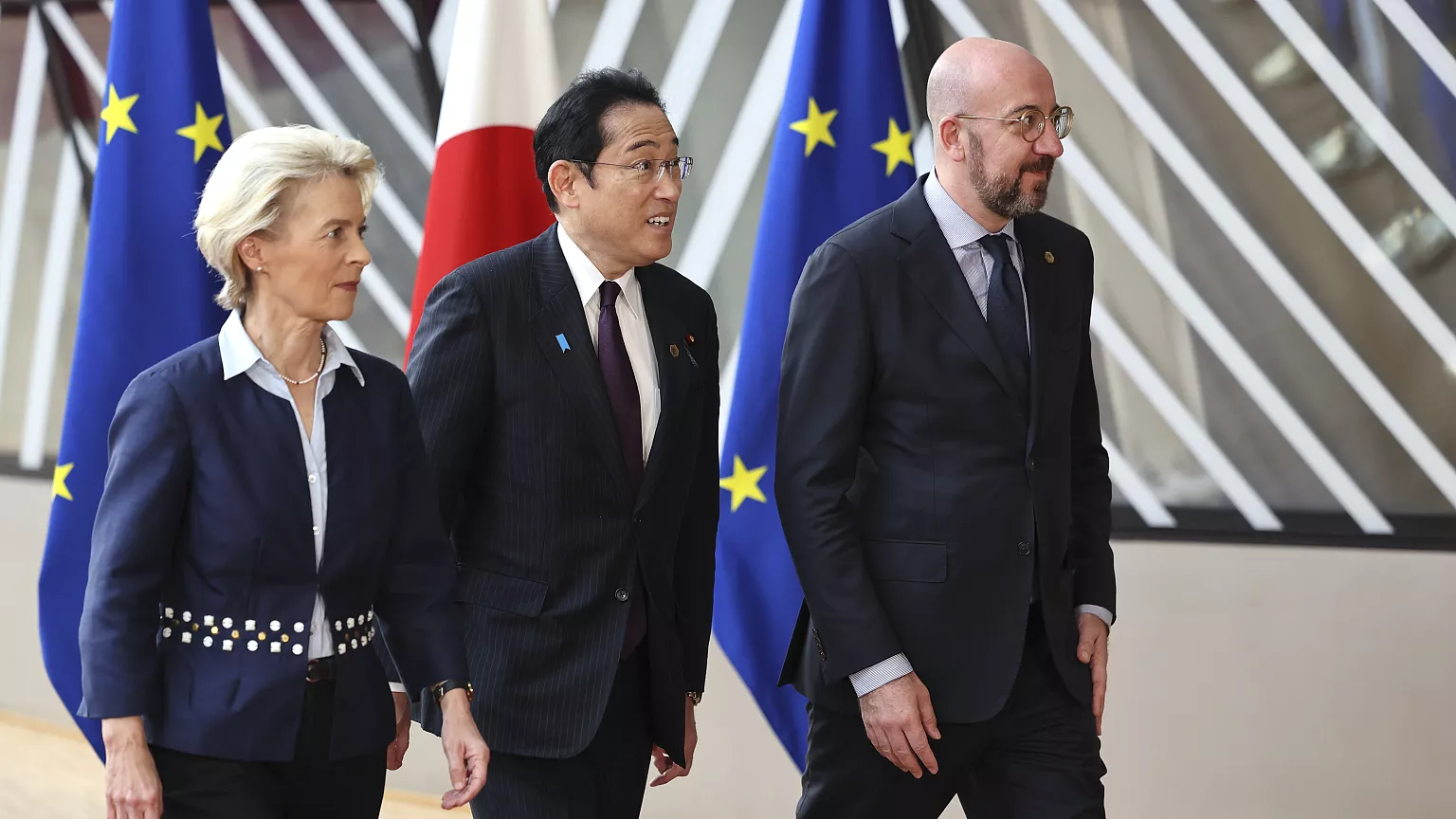The UK’s designation of data centres as Critical National Infrastructure highlights their growing strategic importance, yet a pressing concern remains over vulnerabilities in their OT and IoT systems. While IT security often receives significant investment, the same cannot be said for other technologies.
Attackers increasingly target these overlooked systems, gaining access through insecure devices such as IP cameras and biometric scanners. Many of these operate on outdated firmware and lack even basic protections, making them ideal footholds for malicious actors.
There have already been known breaches, with OT systems used in botnet activity and crypto mining, often without detection. These attacks not only compromise security in the UK but can destabilise infrastructure by overloading resources or bypassing safeguards.
Addressing these threats requires full visibility across all connected systems, with real-time monitoring, wireless traffic analysis, and network segmentation. Experts urge data centre operators to act now, not in response to a breach, but to prevent one entirely.
Would you like to learn more about AI, tech and digital diplomacy? If so, ask our Diplo chatbot!










